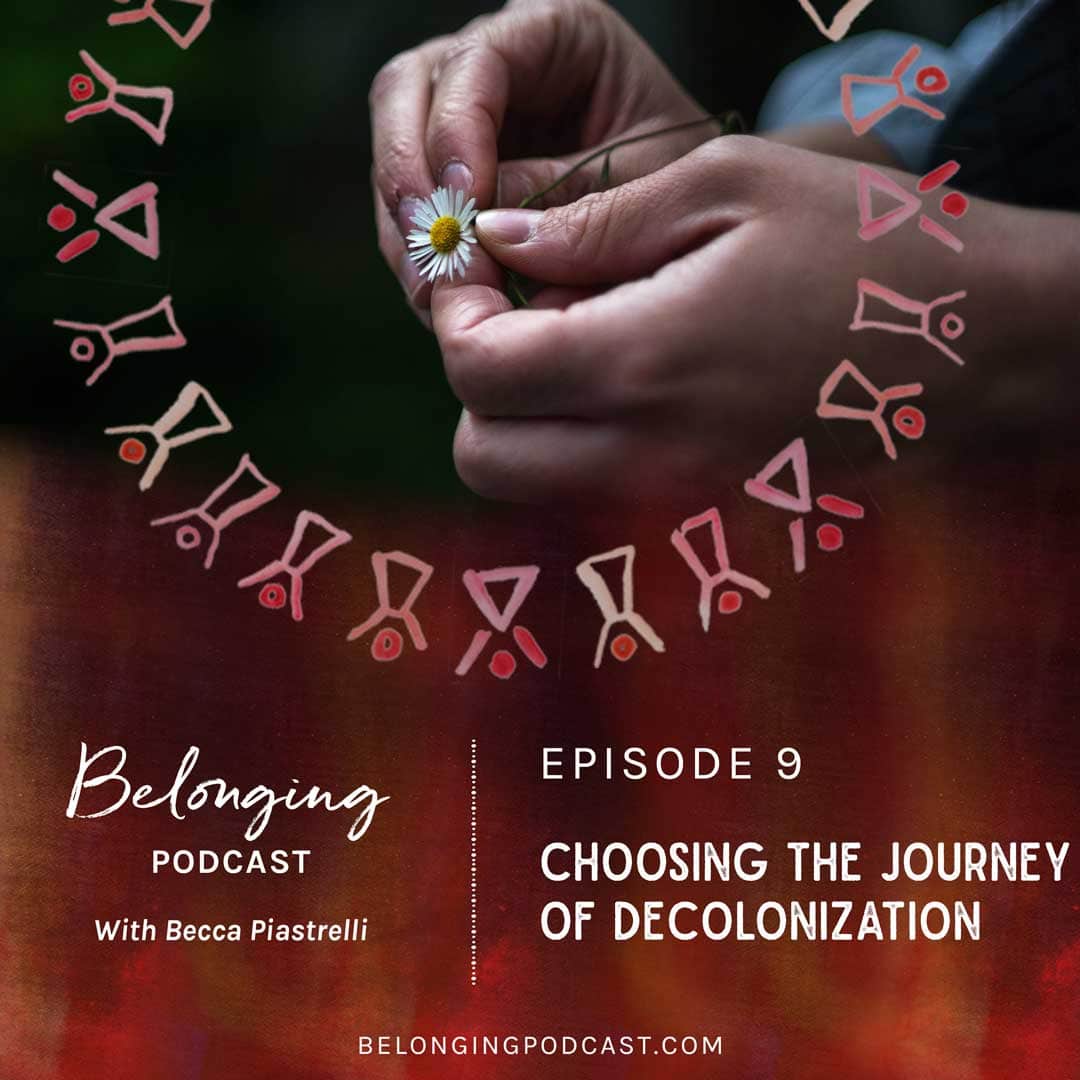Today’s topic is an important one and may bring up feelings of discomfort, but I’m asking you to trust me. We’re going to dig into what decolonization is and how you can examine your own part in the story of colonization, the part your ancestors may have played in colonization, and how to move forward to make things right today.
“You can’t fully be decolonized, but you can have decolonization practices in place.”
Resources:
View this post on Instagram
You’ve probably heard someone say this: “Yes, obviously colonialism and slavery were bad, but also think about the good things Europeans brought with them as well.” A lot of people like to talk about what Europeans built. This happens wherever there was (or is) colonialism [the system of permanently invading countries for wealth, resources, and land]. . So people talk about what colonists BUILT: roads, trains, railroads, telephone wiring, canals, ports, plumbing, agriculture systems, libraries, housing, government buildings, and so on…..but most importantly, this is supposed to be a “blessing” from the former-colonists. There’s only one problem: European colonists built this infrastructure almost exclusively for themselves. No one else. . During the 1960’s, Britain and France withdrew from almost all of their colonial possessions, but for almost a century, they had purposefully not allowed any real economic development. African colonies were for extracting resources like gold, coal, rubber, oil, and diamonds. Europeans needed their colonies to be less developed. . These resources went straight to Europe, on trains that cut right through villages without stopping. These train tracks weren’t designed to help the Indigenous grow as a nation—it had been designed to connect a colony’s mines to its sea ports on the coast (with boats that went straight back to Europe). . The same thing went for phone lines: it was easier to call from Africa to Europe than it was to call from one African capital to another! When Independence came, a crisis unfolded as people realized that Europeans had hardly built anything at all…because everything built for colonialism was really just that: built for colonialism.
A post shared by Uncolonial History (@uncolonial_history) on Jul 23, 2018 at 5:35pm PDT
I would love to hear from you!
What’s one thing you will do next on your journey of decolonization?
Credit for the phrase “be a good ancestor” goes to Arianna of Quw’utsun’ Made
